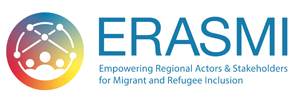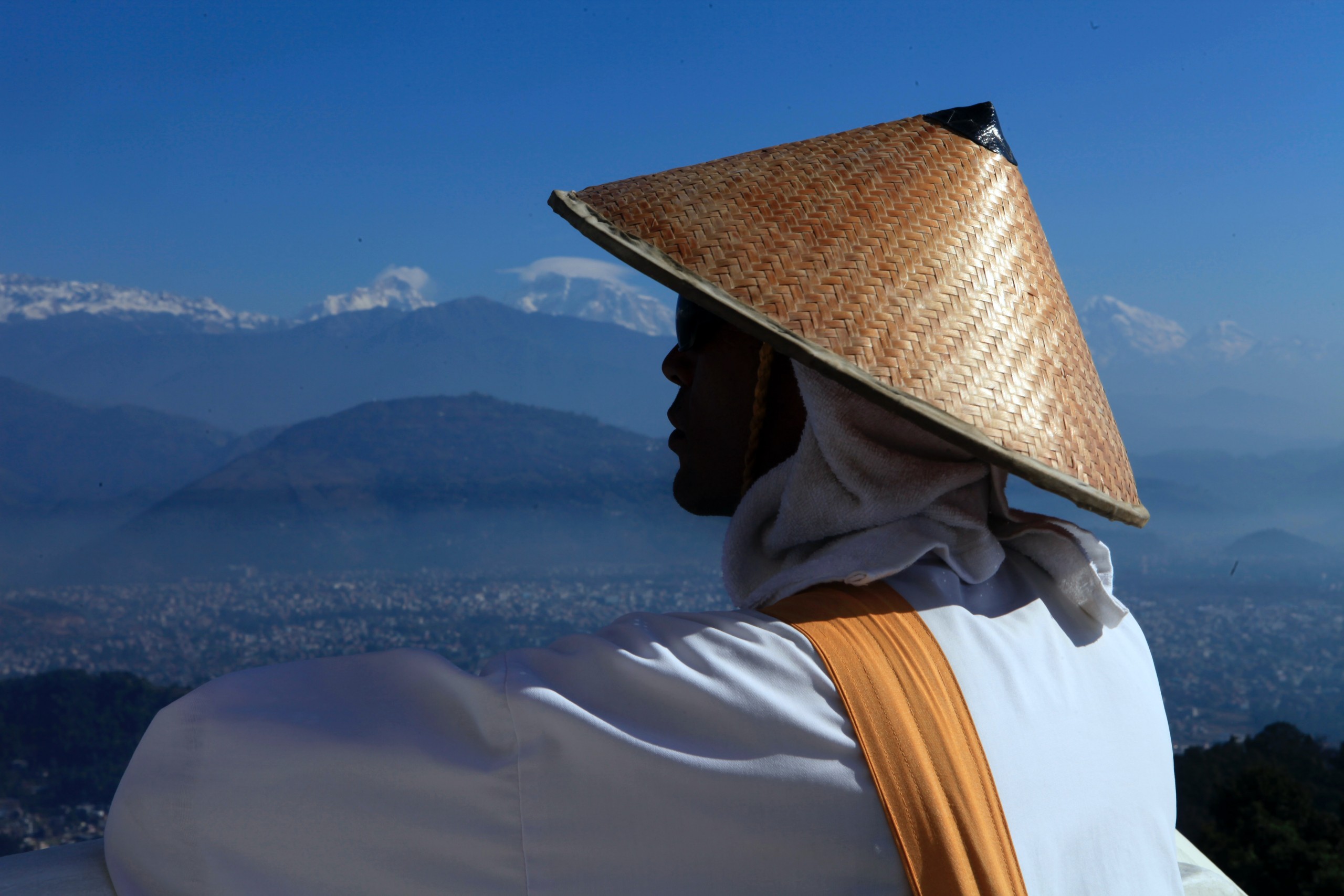A successful first online meeting in July 2020 was followed by two subsequent network meetings in Saxony-Anhalt in December 2020 and March 2021. Because of COVID-19, these had to be organised as interactive Zoom sessions. The Harz University project team presented on December 1 on the topic of “Success factors of networking in the field of migrant and refugee inclusion” first results of the ERASMI Compendium of Good Practices, showcasing interesting and innovative networks and their approaches at an international level. In order to get practical insights, the managing director of the Integration Network Erfurt was invited as external speaker, since this particular network was also selected as case study in the compendium. The guest speaker from Erfurt outlined a unique approach chosen for her municipal network, success factors that led to its success and offered possible solutions to the current COVID-19 challenges.
Impact and consequences of the pandemic were also the focus of the next network meeting on 24 March 2021. The Harz University reported on the effects of COVID-19 on integration actors, migrants and refugees. The Saxony-Anhalt Börde district volunteer coordinator and a staff member of the learning centre in the reception centre for all refugees in Saxony-Anhalt, a Caritas project that provides education courses for young refugees, shared their experiences in dealing with the pandemic restrictions.
Following presentations, approximately 20 participants representing various public administrations, universities, welfare and migrant organisations and other projects discussed the effects of the pandemic on their networks as well as tentative solutions found.
The Harz University team is already in the planning phase of the network meetings for the rest of the year. The Saxony-Anhalt ERASMI team plans to implement a regular platform for mutual learning and knowledge sharing designed for heterogeneous regional integration actors, i. e. various state actors of different levels of governance, non-state actors like volunteers and NGOs as well as migrants and refugees. The intent is to foster exchange, strengthen the competencies of the actors involved and ultimately help to improve local and regional integration work.




